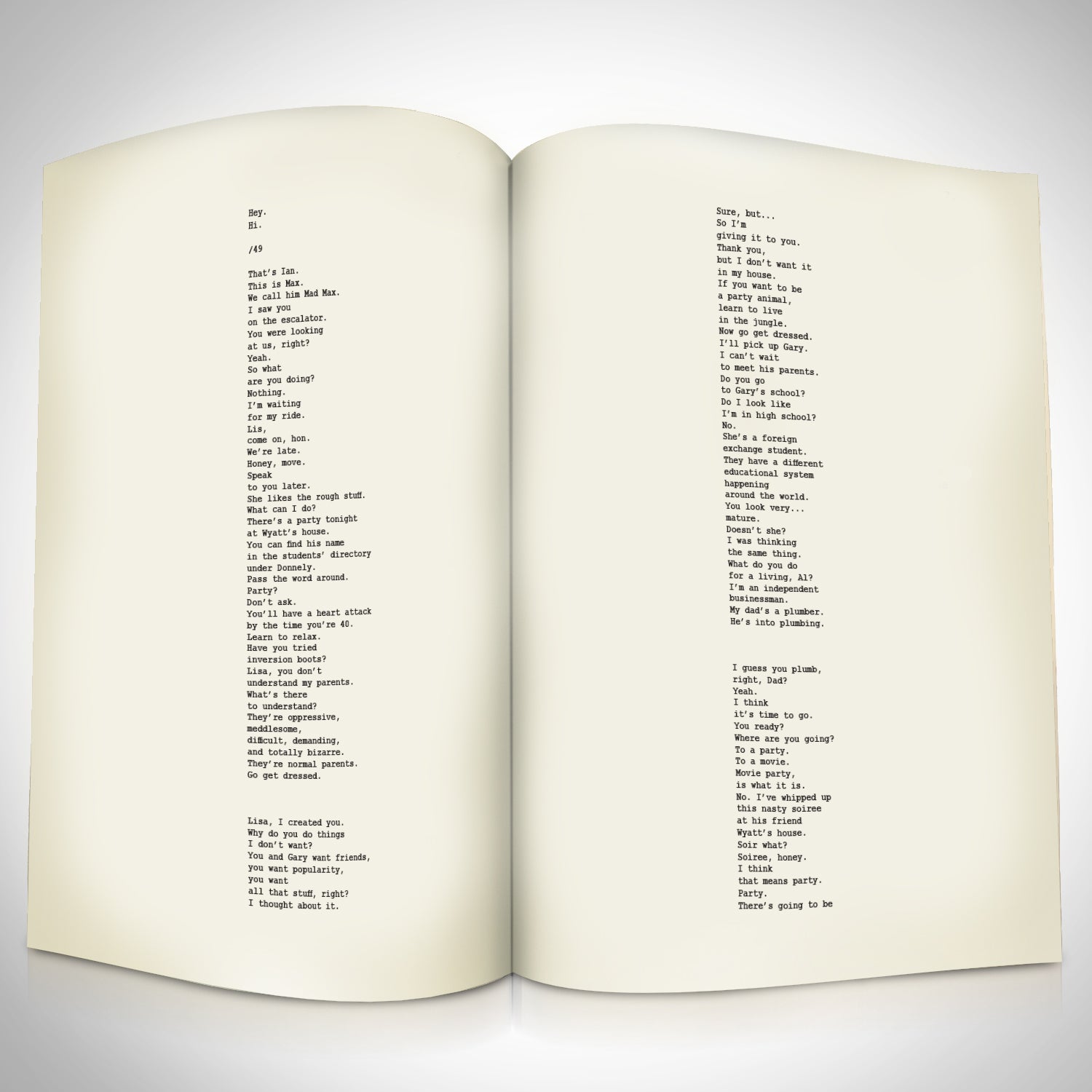
Adobe Sign lets you work with your choice of TSPs to sign and timestamp documents, so you can comply with laws or regulations governing your specific country or industry.

Documents signed with these IDs meet the highest level standard called qualified electronic signature (QES), which has the same legal value as a handwritten signature and ensures mutual recognition across all member states.

For example, the EU eIDAS Regulation defines a class of TSPs that are accredited to issue digital IDs in each of the EU member states. Trust service providers are companies that offer a wide range of secure identity and transactions services, including certificate authority services. If you’re a member of the Adobe Approved Trust List (AATL) or your certificates are qualified on the European Union Trusted Lists (EUTLs), you can apply to become a cloud signature partner. Now, thanks to Adobe Document Cloud and the newly released open-standard API specification developed by CSC, organizations can deliver the highest level of compliance and great customer experiences on any device. To solve this problem, Adobe and other industry-leading organizations formed the Cloud Signature Consortium (CSC).


The highest levels of compliance require certificate-based IDs stored on USB tokens or smart cards, but they’re complicated to enable and install, work with desktop computers only, and don’t support today’s modern web applications or mobile devices. New electronic signature regulations - like eIDAS- are putting a spotlight on the need for high-assurance methods of authenticating the identity of people signing documents. With over 7 billion mobile devices on the planet, cloud applications gaining broad adoption, and cyber threats at an all-time high, there is increasing market demand for secure digital solutions that also provide great user experiences.


 0 kommentar(er)
0 kommentar(er)
